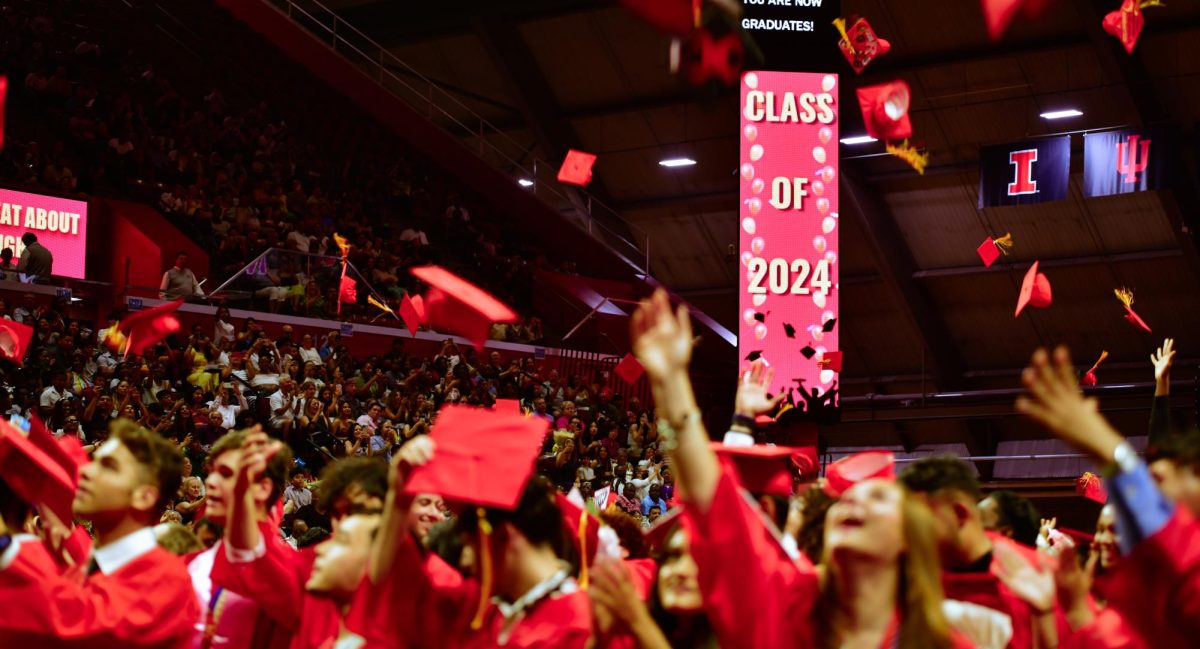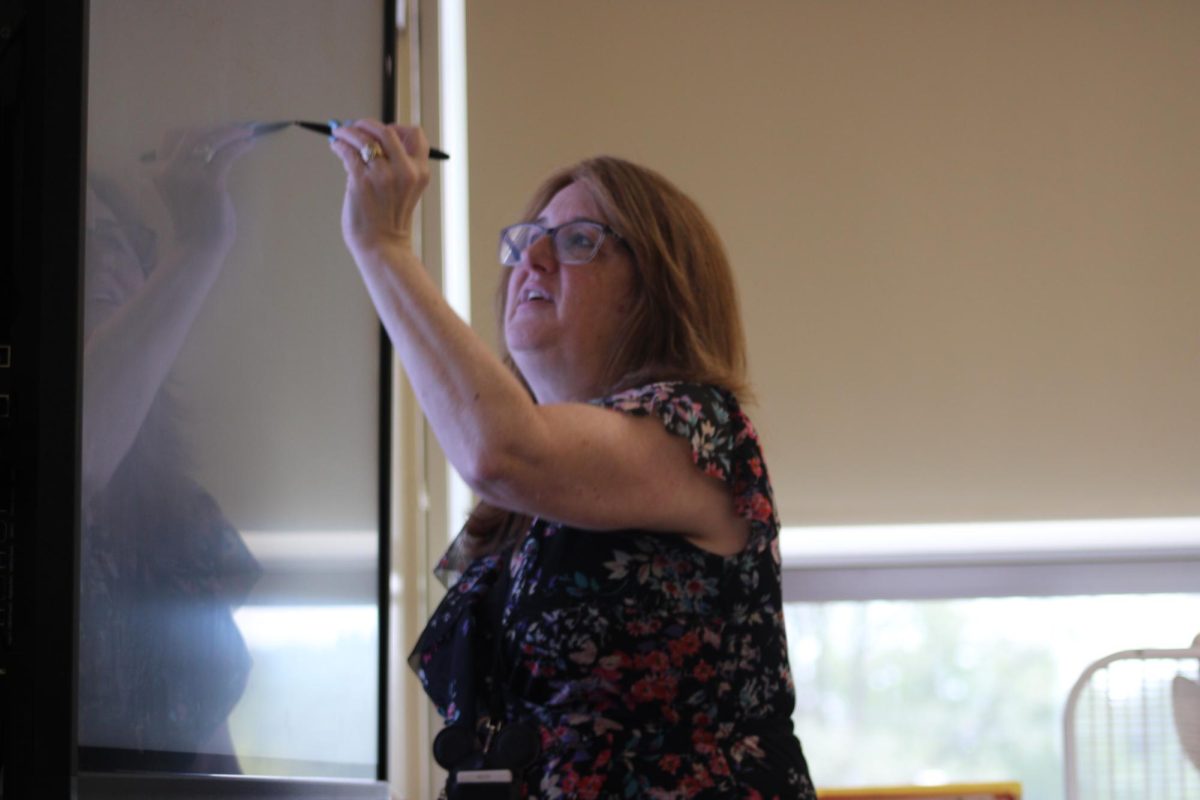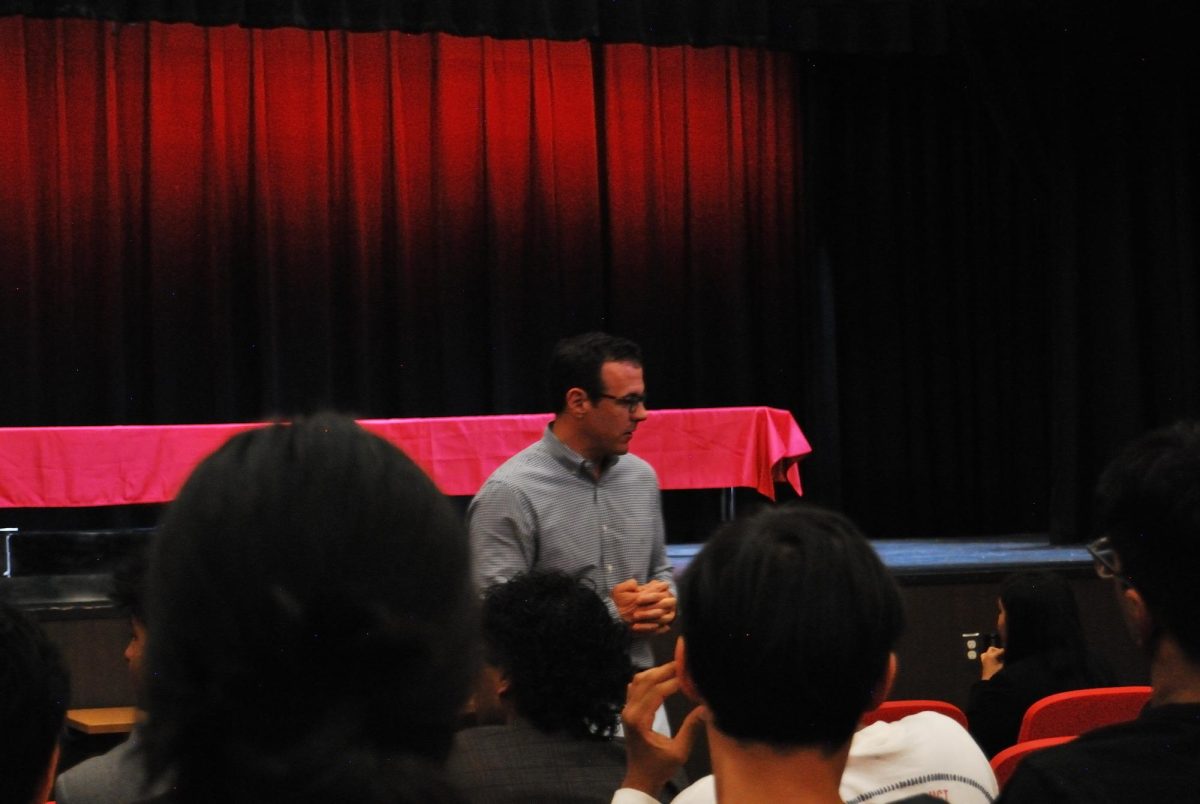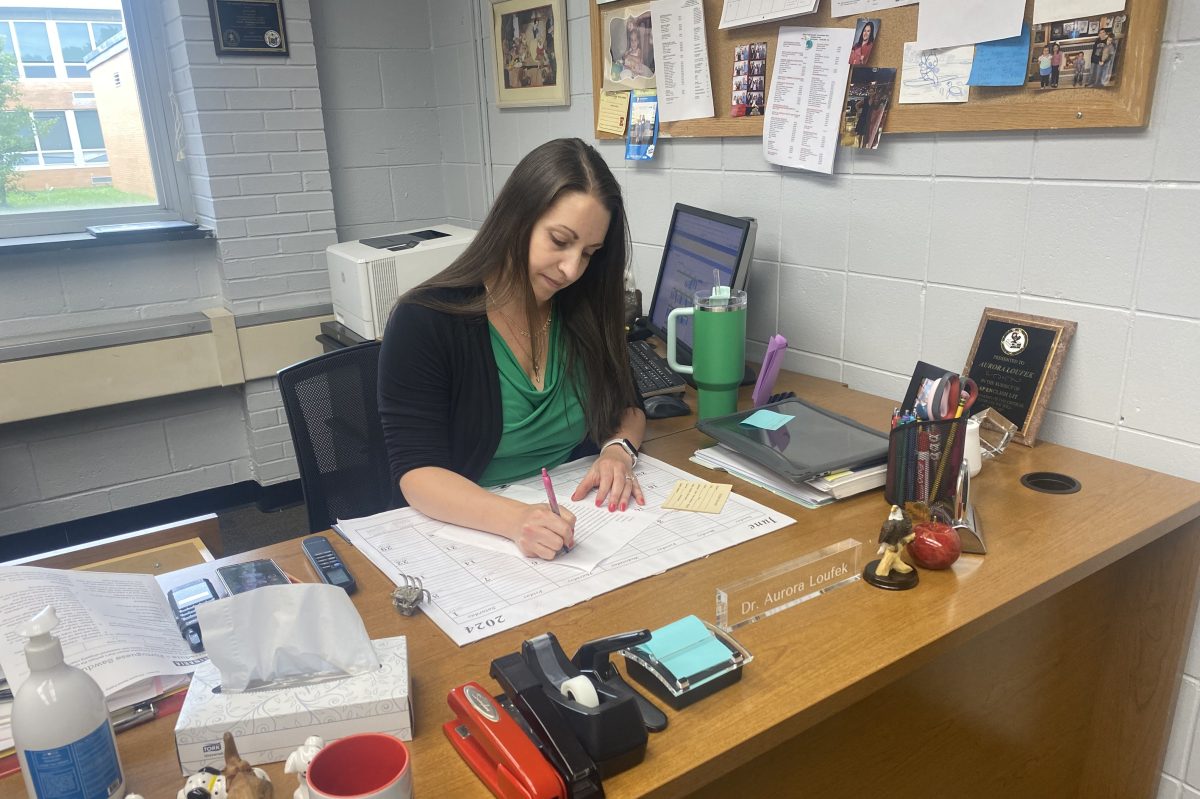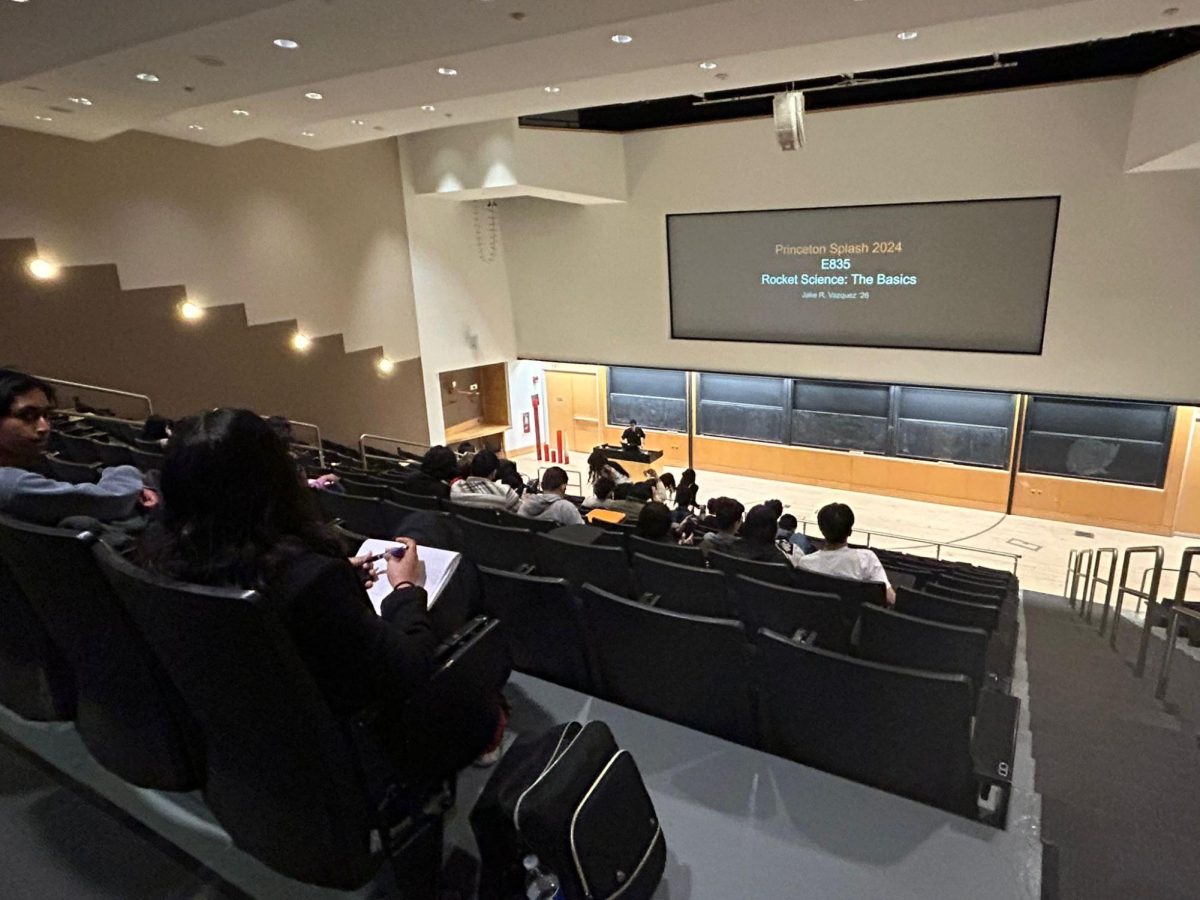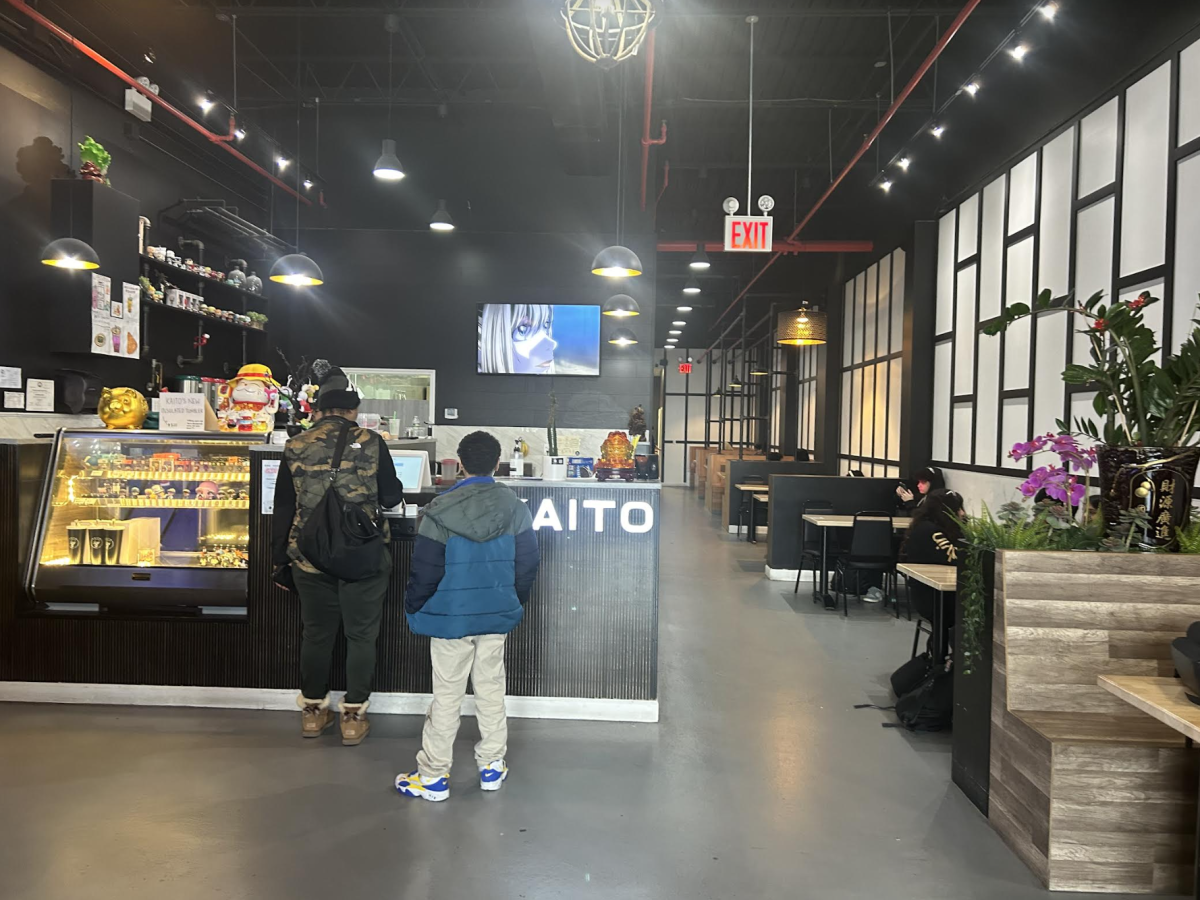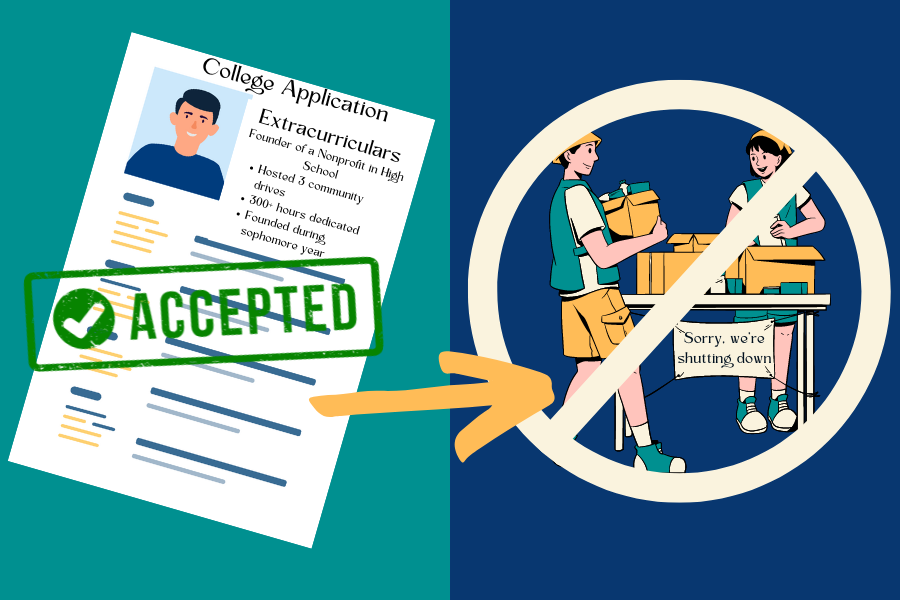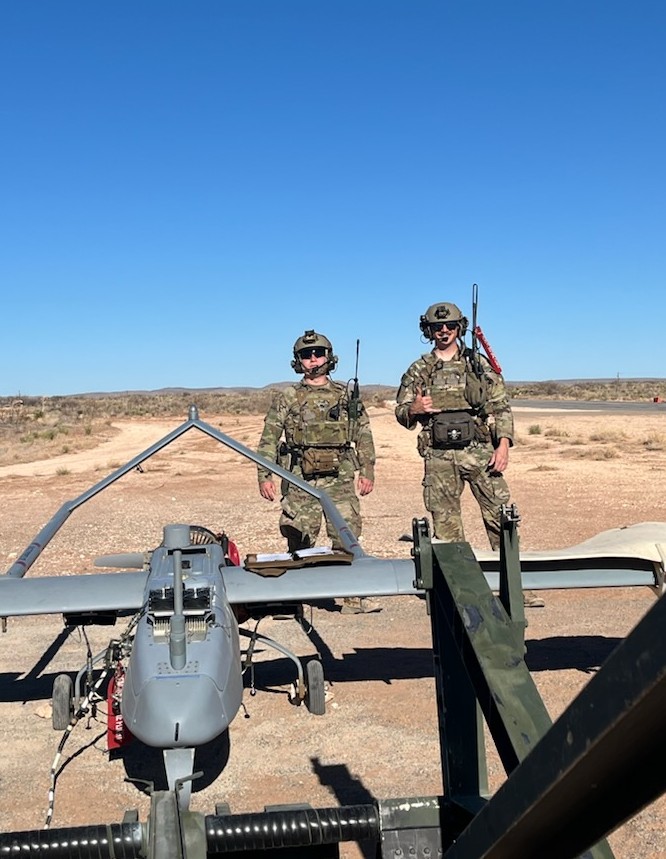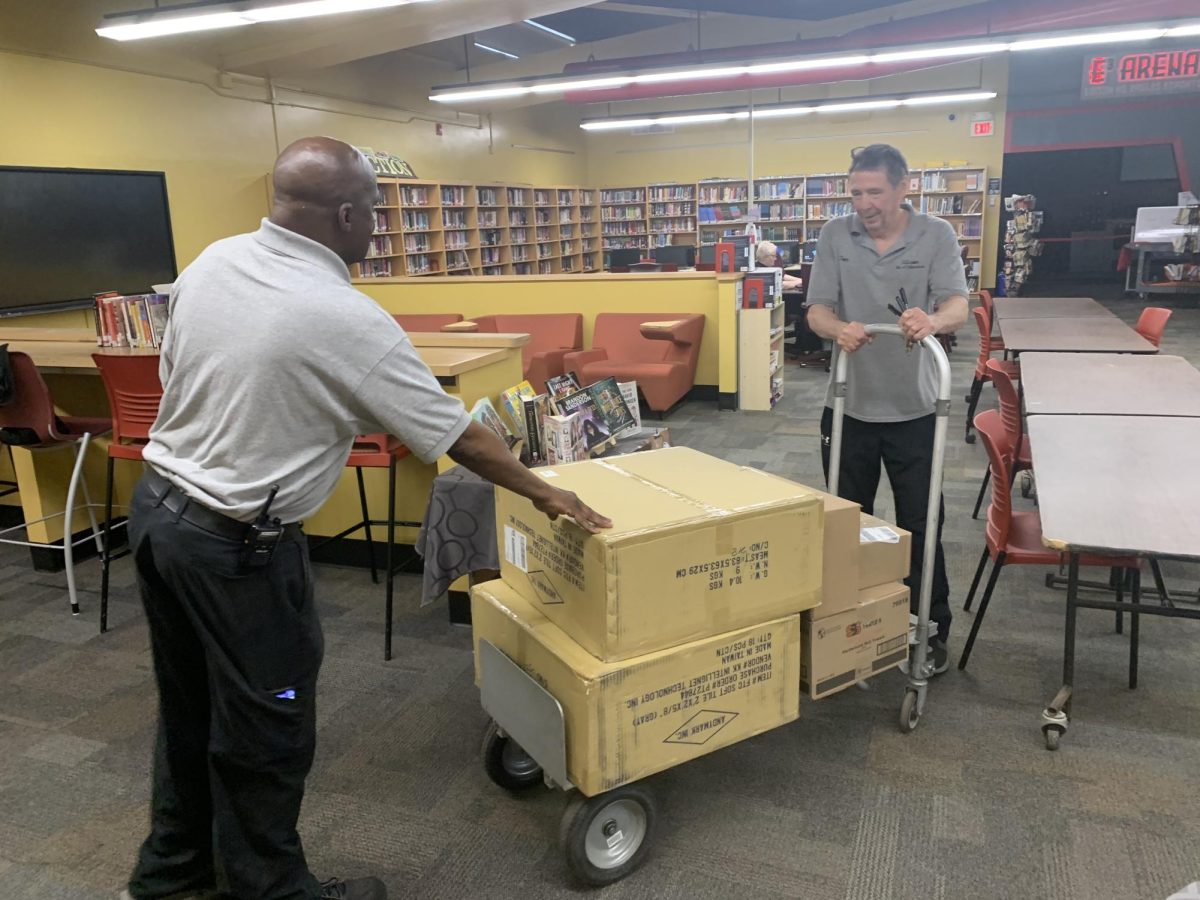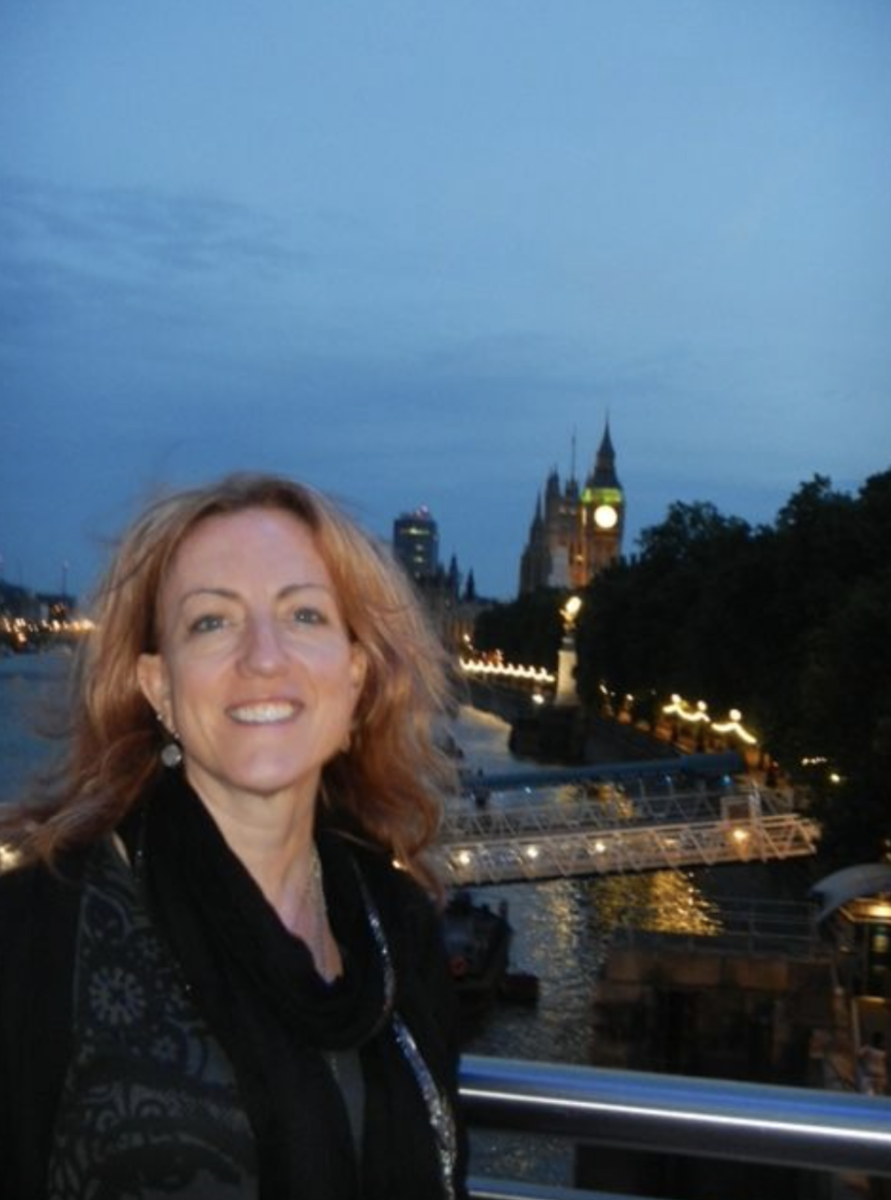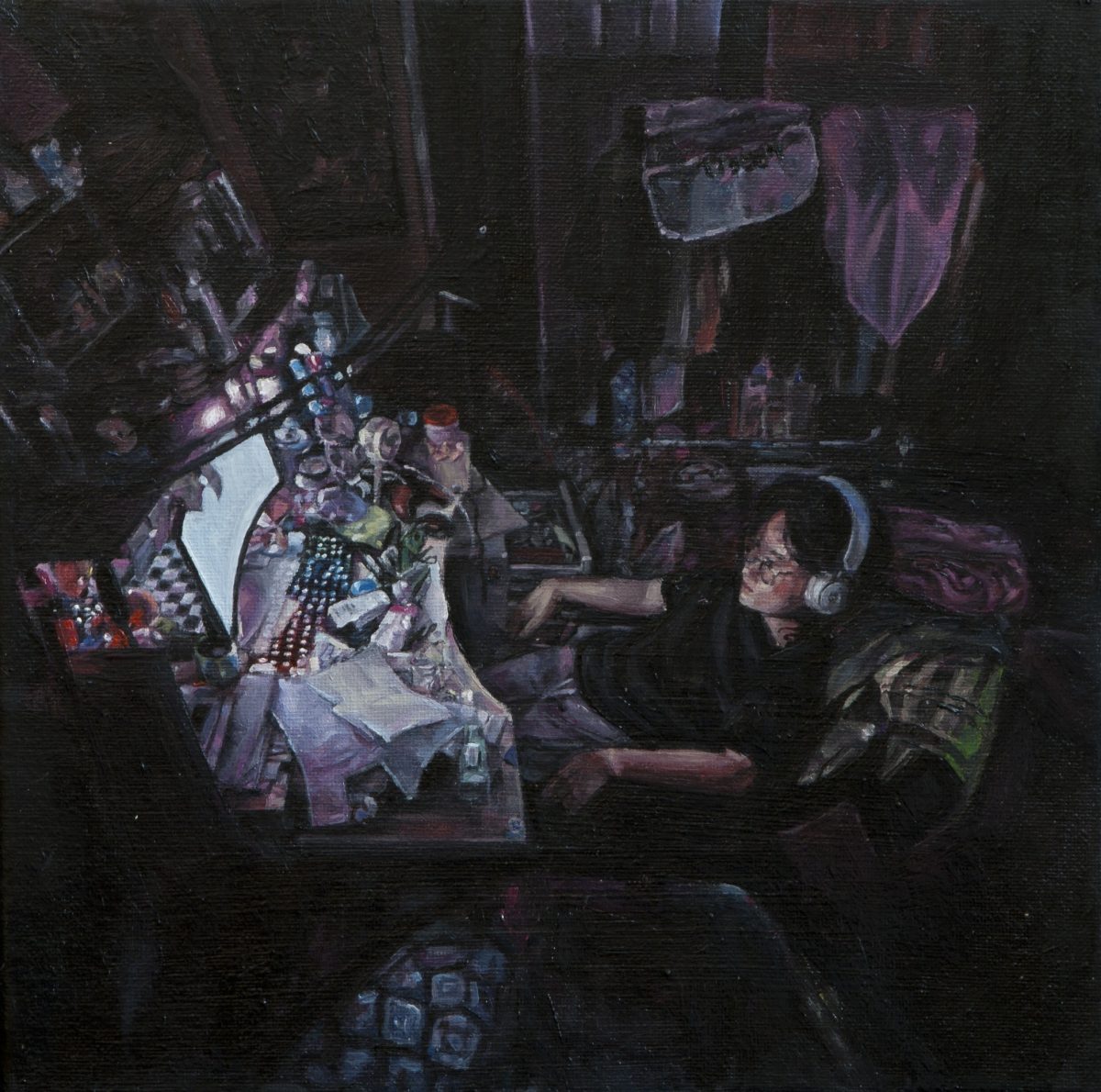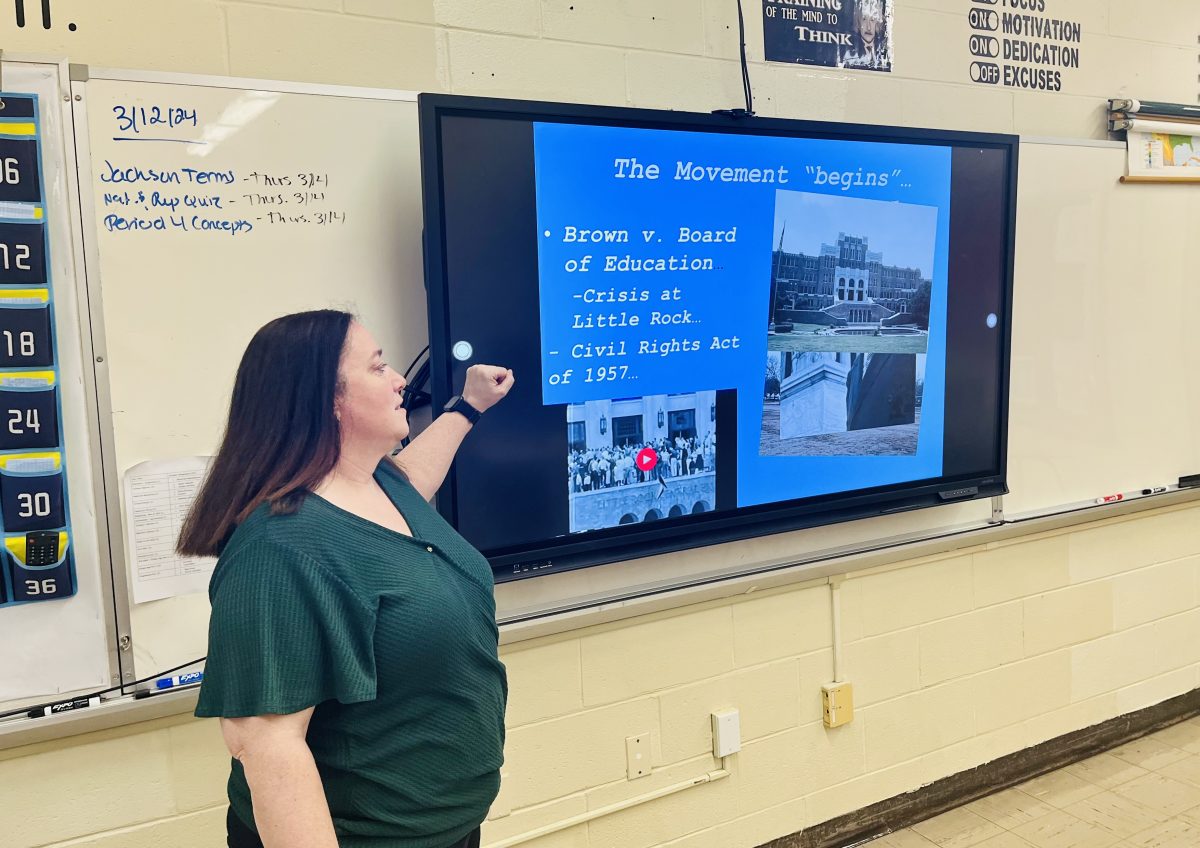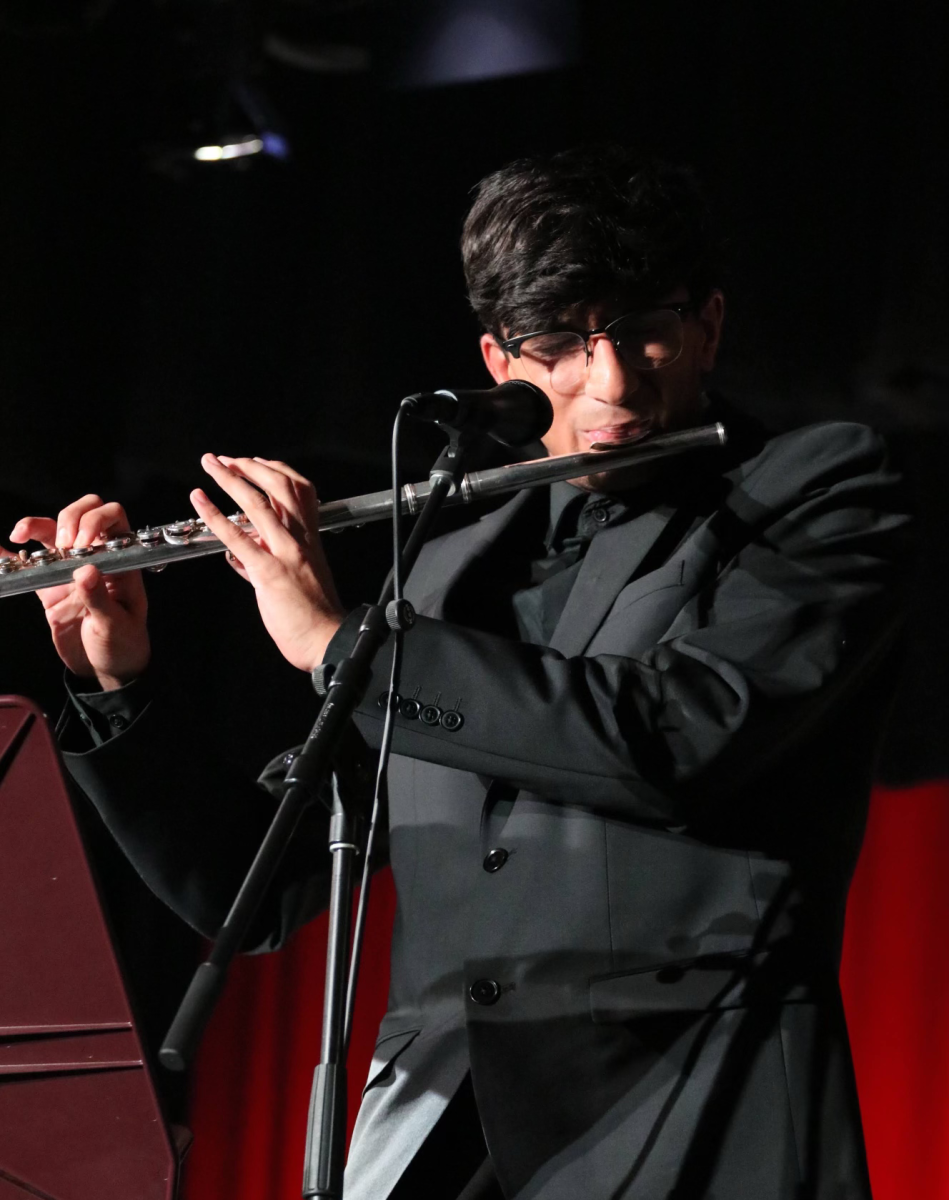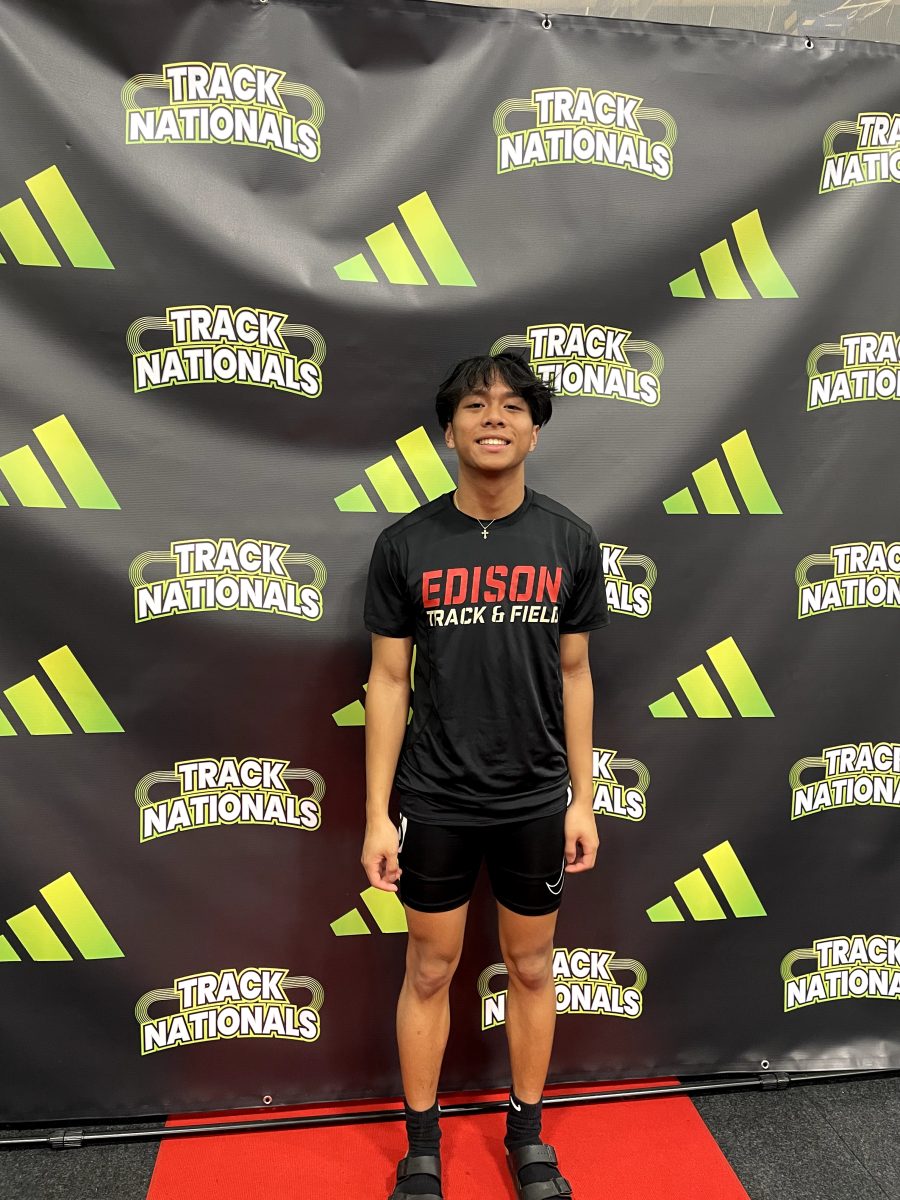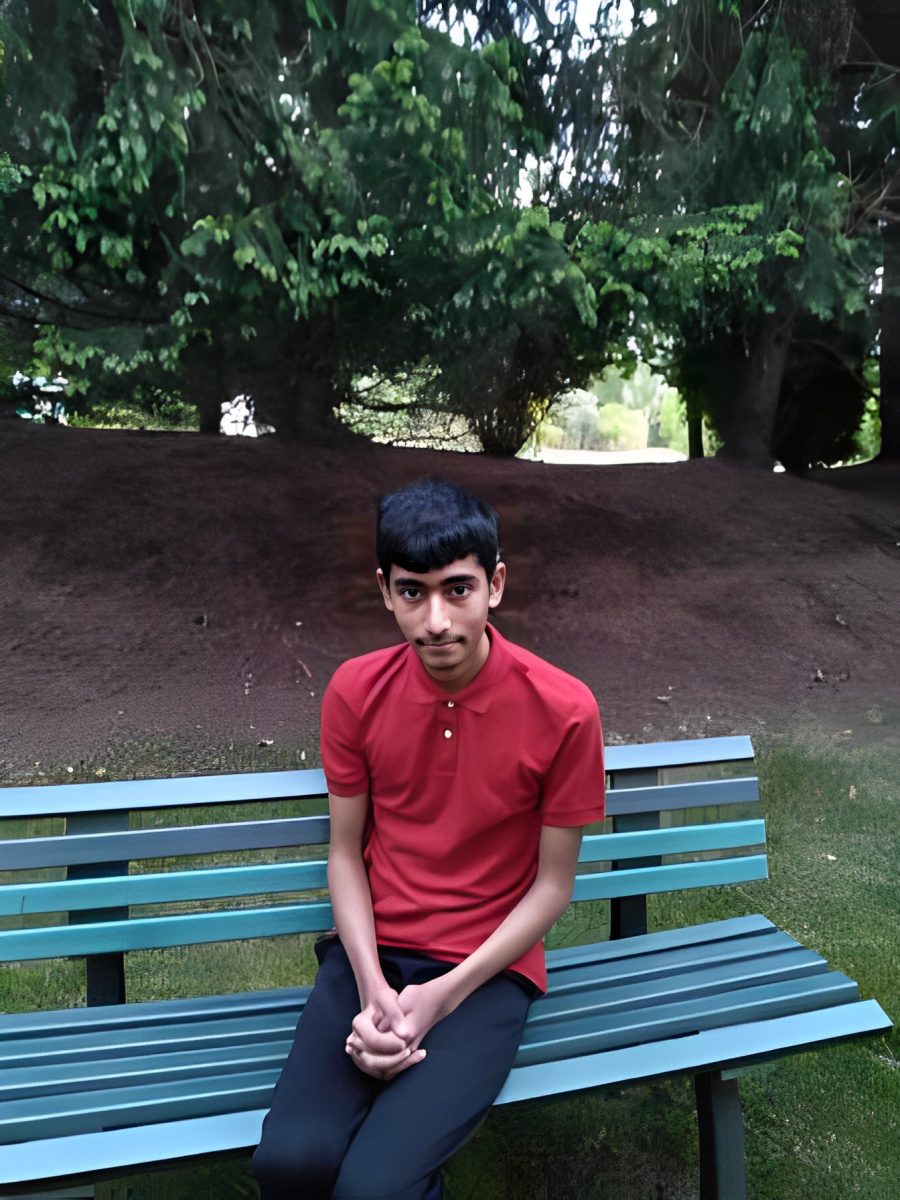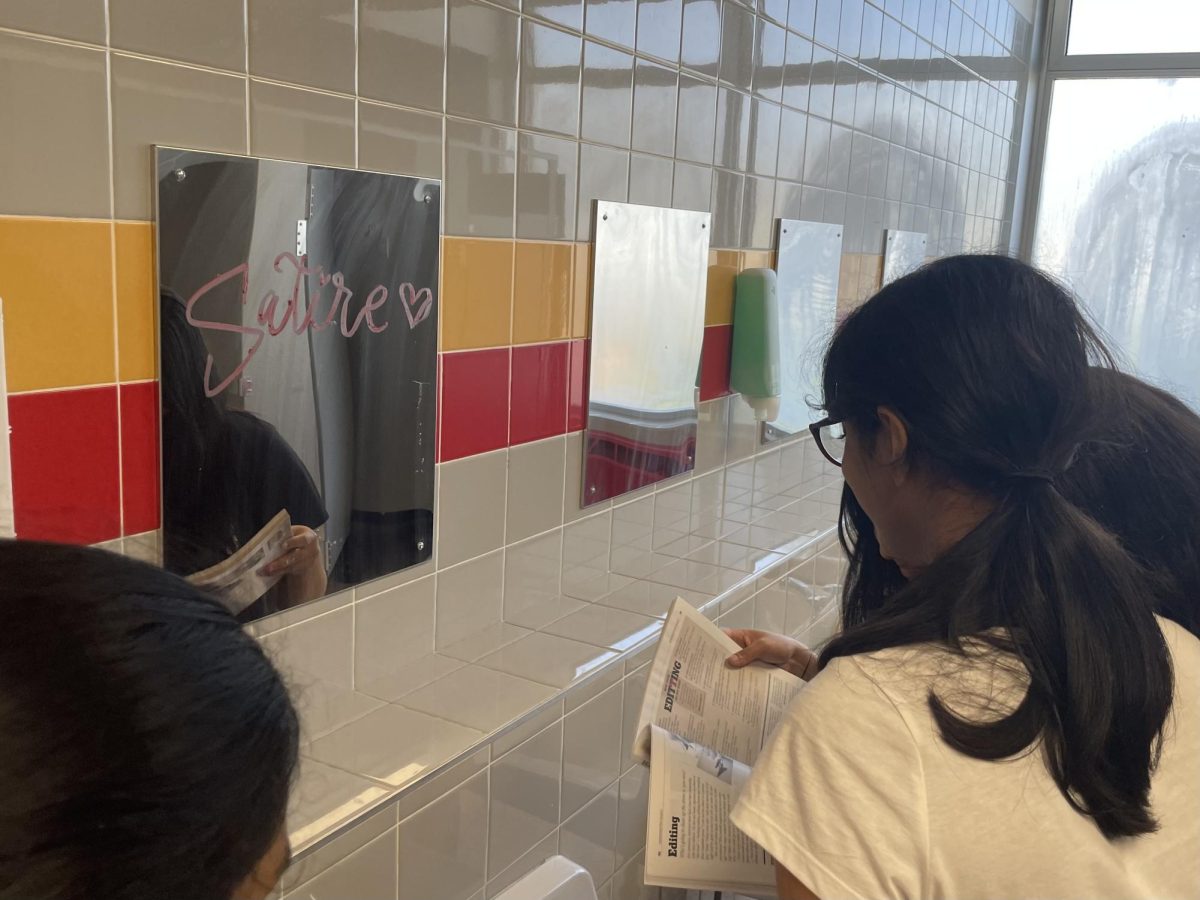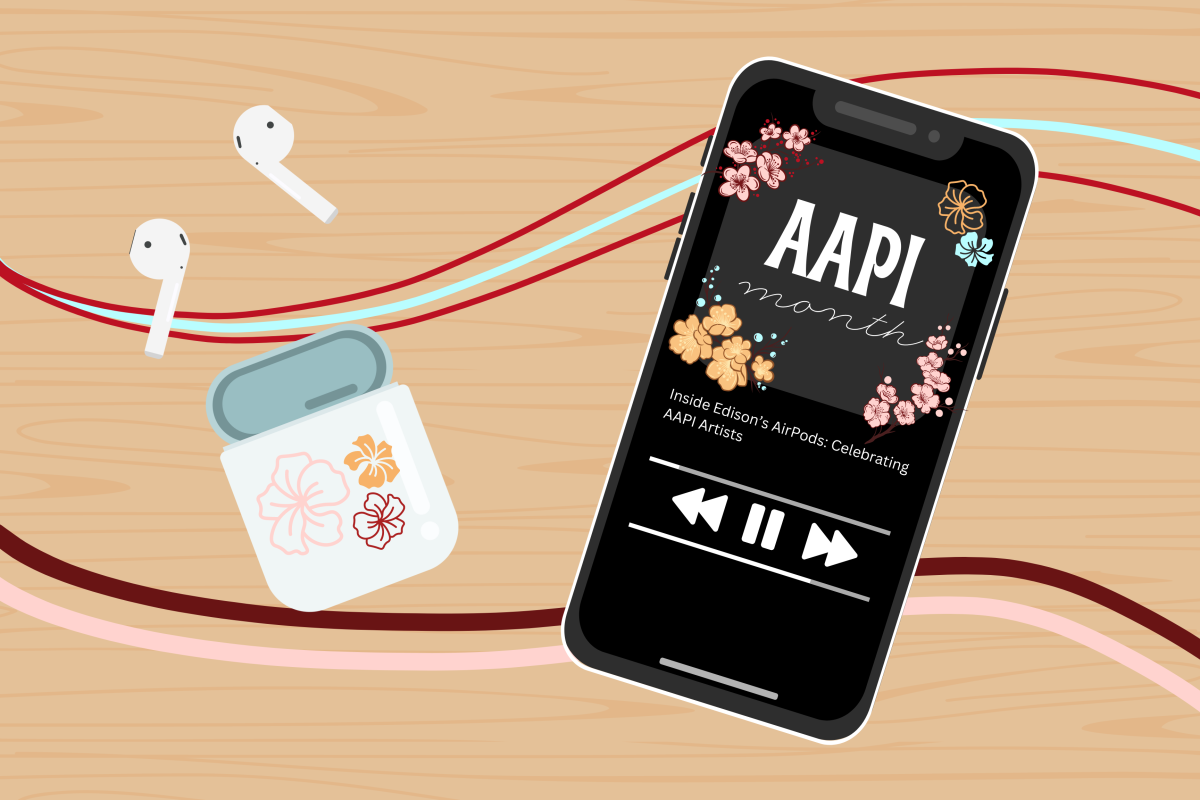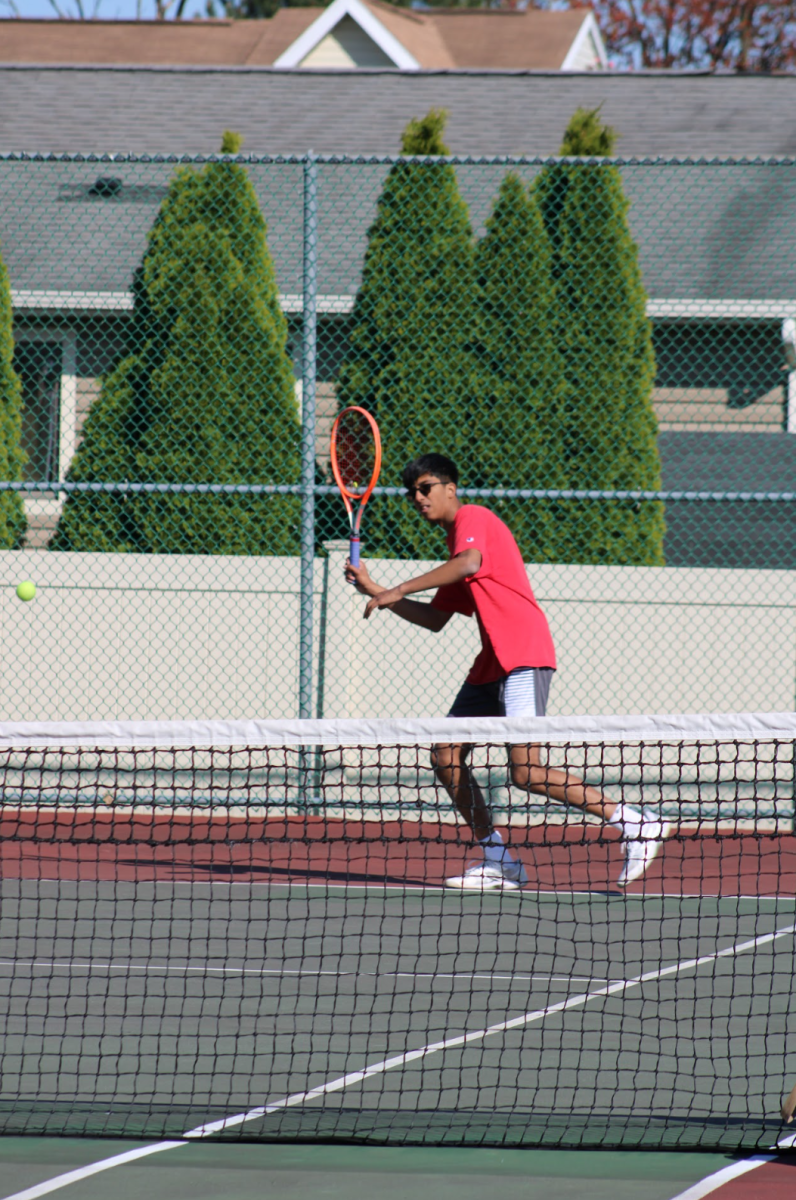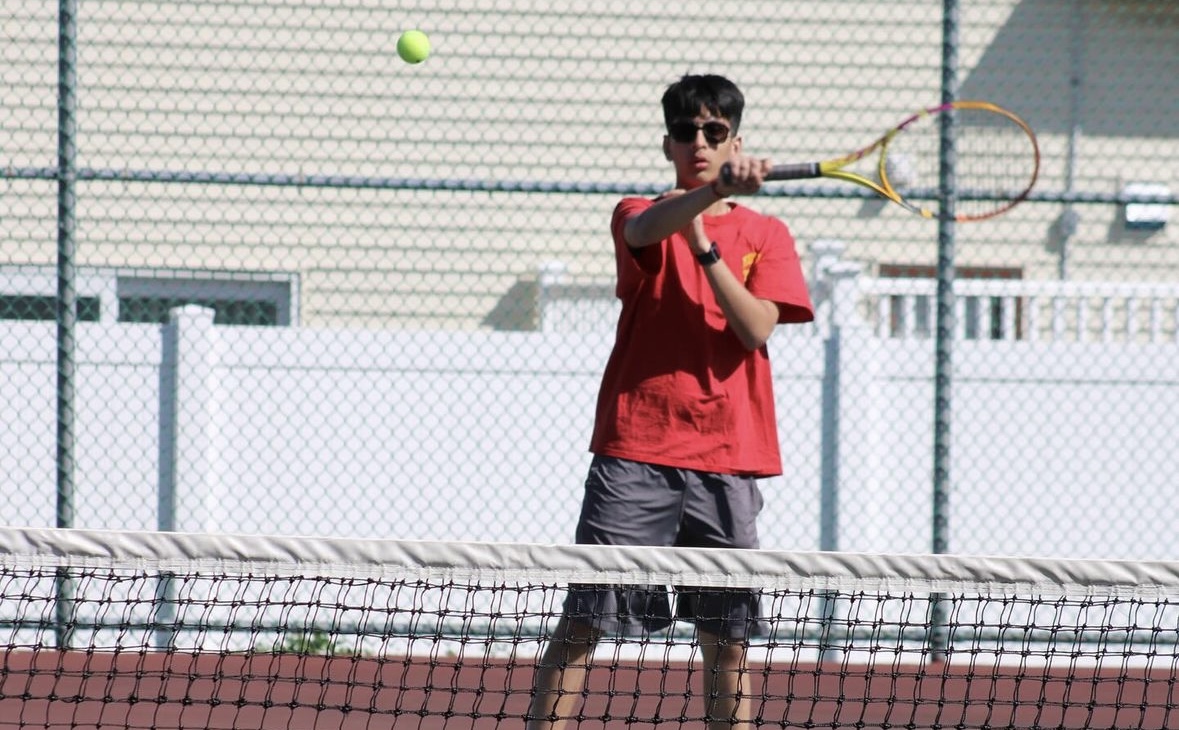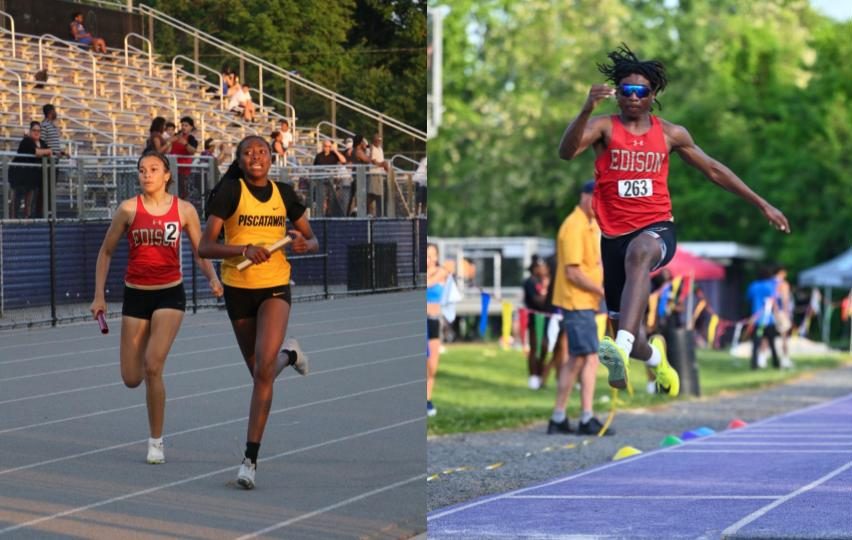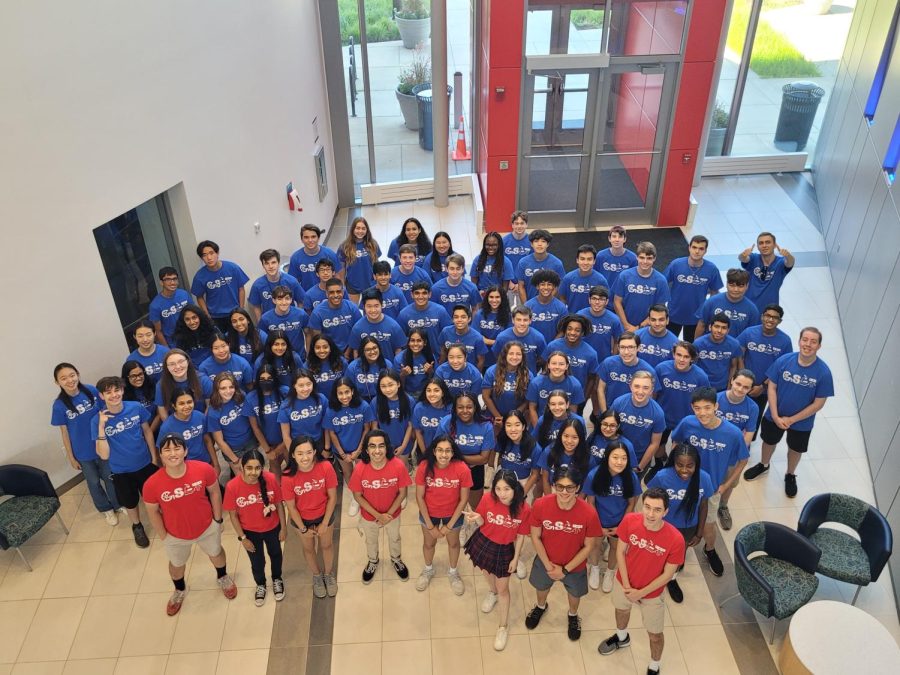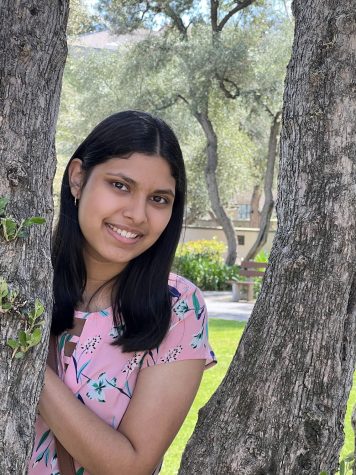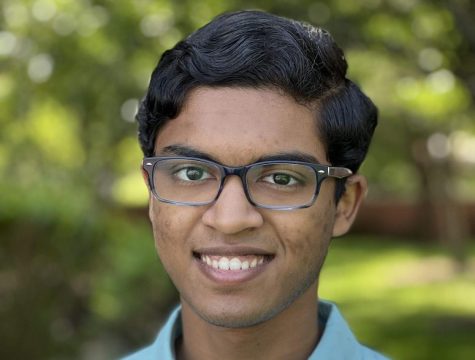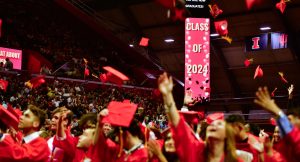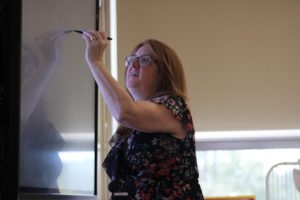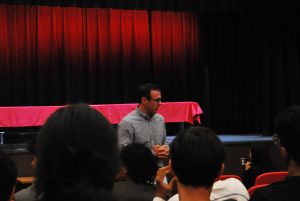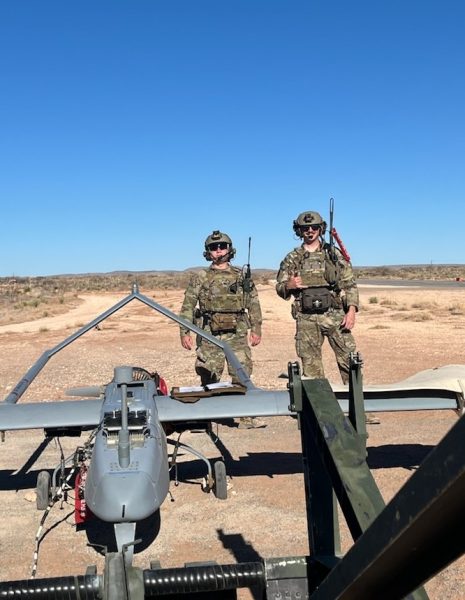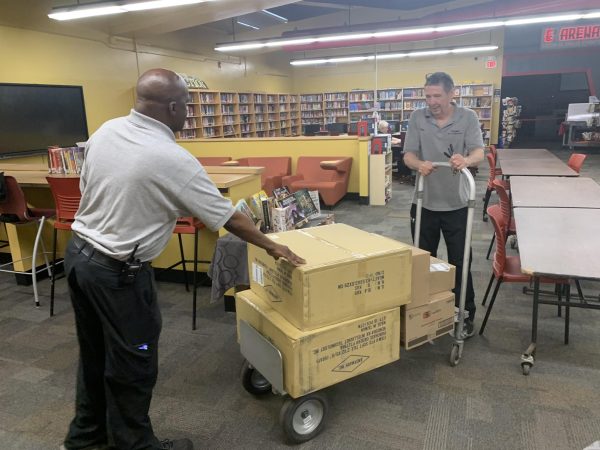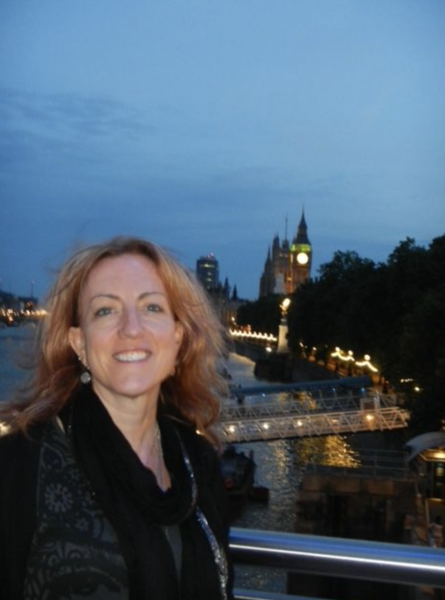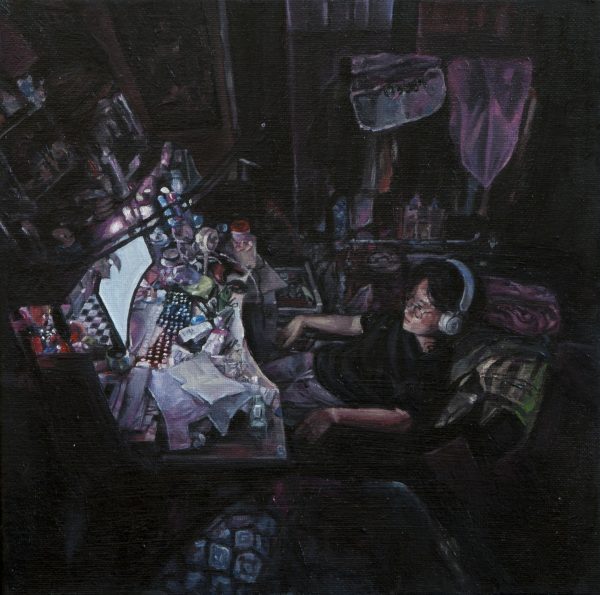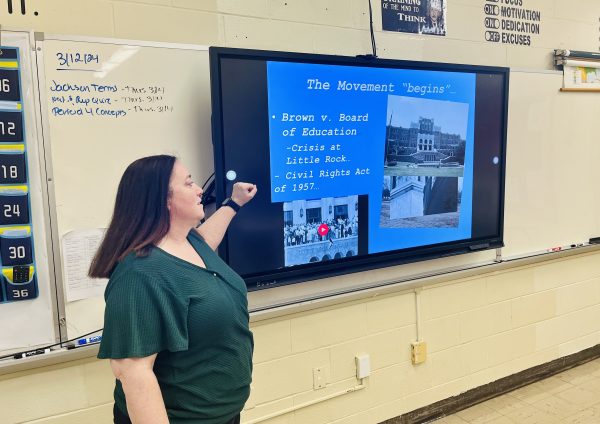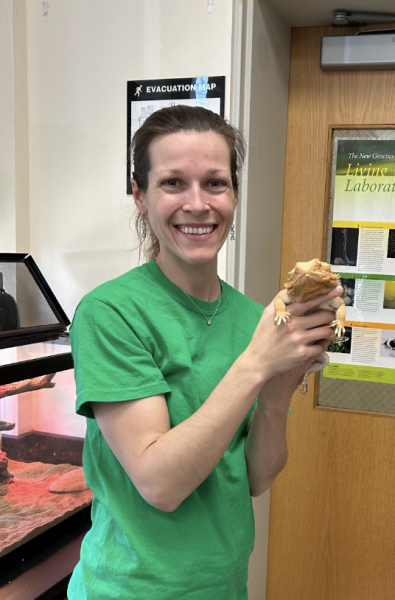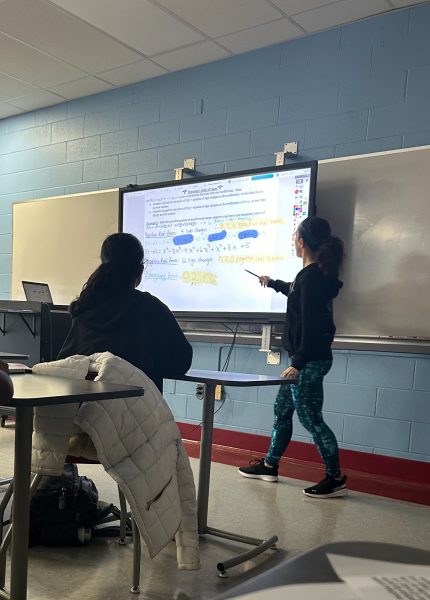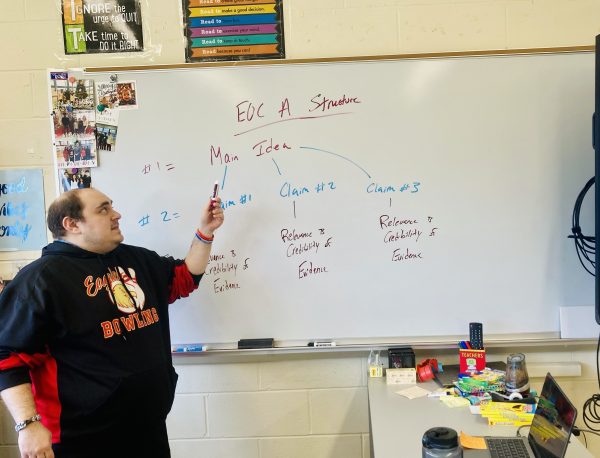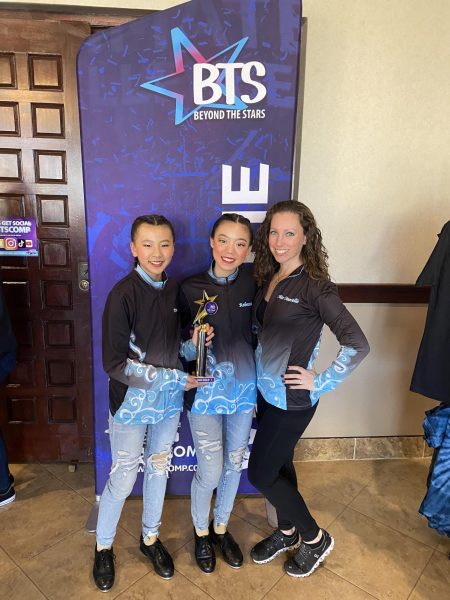EHS Student Chosen for State Program
The Governor’s School of New Jersey Program in Engineering & Technology
GSET attendees group photo.
November 7, 2022
From June 26, 2022, to July 22, 2022, senior Vinay Menon ‘23 attended the Governor’s School of New Jersey Program in Engineering & Technology (GSET) hosted by Rutgers University. This highly selective program lasted four weeks with the attendees learning about subjects in the STEM field from machine learning to astrophysics, as well as conducting novel research projects to be showcased in a conference-style paper and presented at a concluding symposium. This tuition-free residential program took the selected students to either a science program at Drew University or an engineering and technology program at Rutgers University.
Menon first heard about this program after covering a newspaper article on last year’s GSET attendees who are currently attending college: Ali Ahmed ‘22, Srinidhi Venkatesh ‘22, and Vasumathi Venkat ‘22.
This residential program, occurring in person for the first time in the aftermath of the pandemic, included a month-long stay in dorms at the Busch Engineering, Science and Technology (B.E.S.T) Hall. “In person, we got to stay in dorms and develop deeper connections with people, like over lunch, that never would have happened online. It was also easier to work for longer when you are in person instead of staring at a screen. I’m really grateful I got to attend this program in person” said Menon.
GSET was a lot of fun, it was so great to meet so many people who are super smart and talented. There were so many different personalities and it was really interesting.
— Vinay Menon '23
At the program, students had a choice among four courses: Theoretical Physics, Robotics, Micro and Nanofabrication, and Stellarscapes. The Micro and Nanofabrication course was about the manufacturing of computer chips at a microscale, coupled with a Rutgers facility tour. The Stellarscapes course explored modern advances in astronomy. After these courses, students had a choice of different routes of research they wanted to pursue. Along with his group of six others, Menon chose audio source separation, stemming from his love for music.
Menon co-authored and published a paper during the program titled Implementing Transformer Architectures for Audio Source Separation.
“We took an existing program online where you would put an existing piece of music that has vocals, drums, bass, and everything else and it would separate out those tracks into four audio files”. Speaking about the challenges he faced and the solutions his team came up with, Menon added, “Most software that exists online is super difficult to find, to access, or modify, and it requires insane hardware and specs that normal people do not have access to. So we took a model that was easier to modify and made it more effective by changing some of its architecture.”
During this program, students had demanding, jam-packed schedules, mostly consisting of work for the research project. However, there were some fun activities like field trips where students had the opportunity to visit places like the PSEG Hope Creek Nuclear Generating Station as well as having a tour of the Rutgers campus. “Just meeting everyone honestly was so great, to see all these people from NJ that had all gotten together, and also to meet all these Rutgers professors that were working there,” said Menon.
During the interview, Menon thanked both of the two teachers who gave him recommendation letters for GSET: Ms. Singh, his AP Physics teacher, and Mr. Evans, his AP Chemistry teacher. He also thanked Dean Antoine from Rutgers University for organizing GSET.
GSET provided Menon with a new perspective on how technology and science can change the world. In the future, he hopes to continue this research in order to improve people’s lives.

